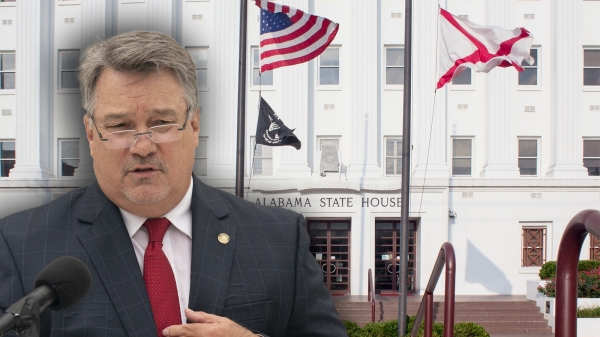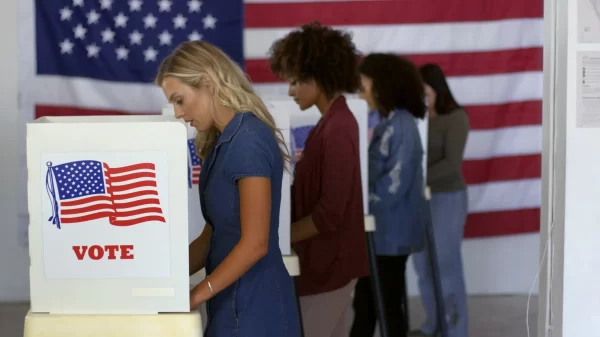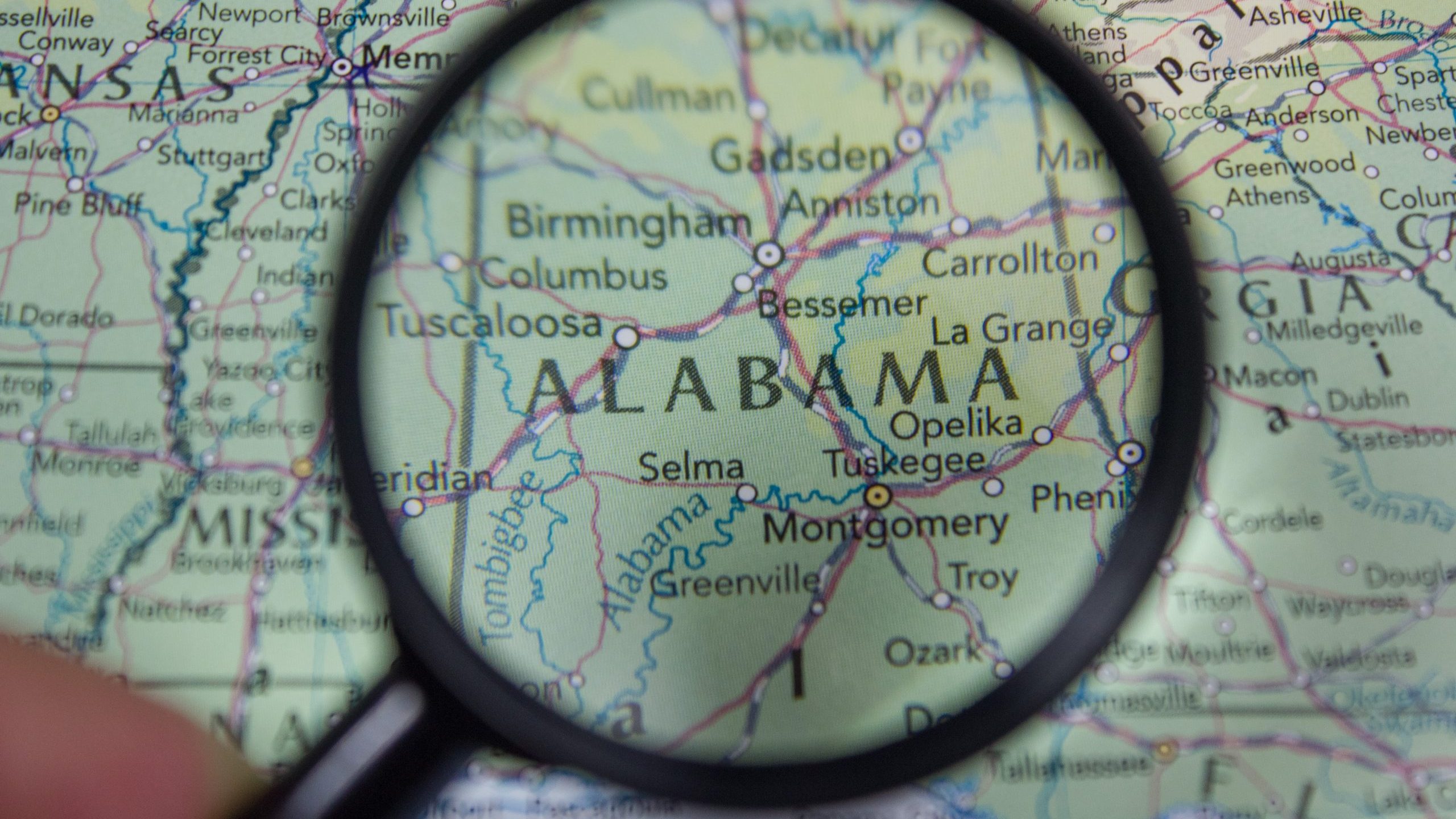|
Getting your Trinity Audio player ready...
|
As many Democrats came out in opposition this weekend to the redistricting map passed via conference committee Friday, the National Redistricting Foundation (NRF) pledged to challenge the map in court.
The NRF is a nonprofit, litigation-focused, affiliate of the National Democratic Redistricting Committee (NDRC). The NDRC is chaired by former U.S. Attorney General Eric H. Holder, Jr., and President Barack Obama was involved in its 2017 founding.
“This map, and the Republican politicians who supported it, would make George Wallace proud. It arrogantly defies a very conservative United States Supreme Court decision requiring the drawing of two Black opportunity districts in accordance with Section 2 of the Voting Rights Act — from just weeks ago,” Holder said. “With Section 2 of the Voting Rights Act still intact as a result of the Supreme Court’s recent decision, we must again look to the federal courts to hold the Alabama legislature to account.”
The NRF was an early supporter of the plaintiffs in Caster v. Allen. They directed legal strategy and financially supported the plaintiffs. Caster v. Allen was consolidated into Allen v. Milligan, the case that set off the court-ordered redistricting process when the Supreme Court found Alabama’s 2022 congressional map violated Section 2 of the Voting Rights Act.
After success in the Caster case, the NRF supported the VRA Plaintiffs Remedial map, and said on June 26 they would challenge any remedial map passed by the Alabama Legislature that does not contain two majority-Black districts.
“The VRA Plaintiffs’ map is a fair map that provides the representation Black Alabamians are rightly due in accordance with Section 2 of the Voting Rights Act,” Executive Director of the NRF Marina Jenkins said. “Should the Alabama legislature enact a map that falls short of including two congressional districts with a Black Voting Age Population of more than 50 percent, it will be challenged in court.”
The plan passed by the Legislature on Friday, led by Sen. Steve Livingston, R-Scottsboro, only contains one district with a majority Black voting-age population (BVAP), the 7th Congressional District. The 2nd Congressional District — argued to be an “opportunity district” in which voters may elect the Black-preferred candidate — contains only 39.93 percent BVAP, whereas the VRA Plaintiffs Remedial map contained a 50.08 percent BVAP in District 2.
“Throughout the redraw process, the debate among legislative Republicans was never about how to best ensure Black Alabamians had the opportunity to elect a candidate of their choice. Instead, it was a debate between two maps that sought to preserve an illegal and discriminatory status quo, just in slightly different ways,” Holder said.
Specifics on NRF’s litigation are hypothetical so soon after the special session. General legal wisdom would acknowledge the need for specific plaintiffs to establish standing for a new case, but the Milligan and Caster plaintiffs could sue again.























































